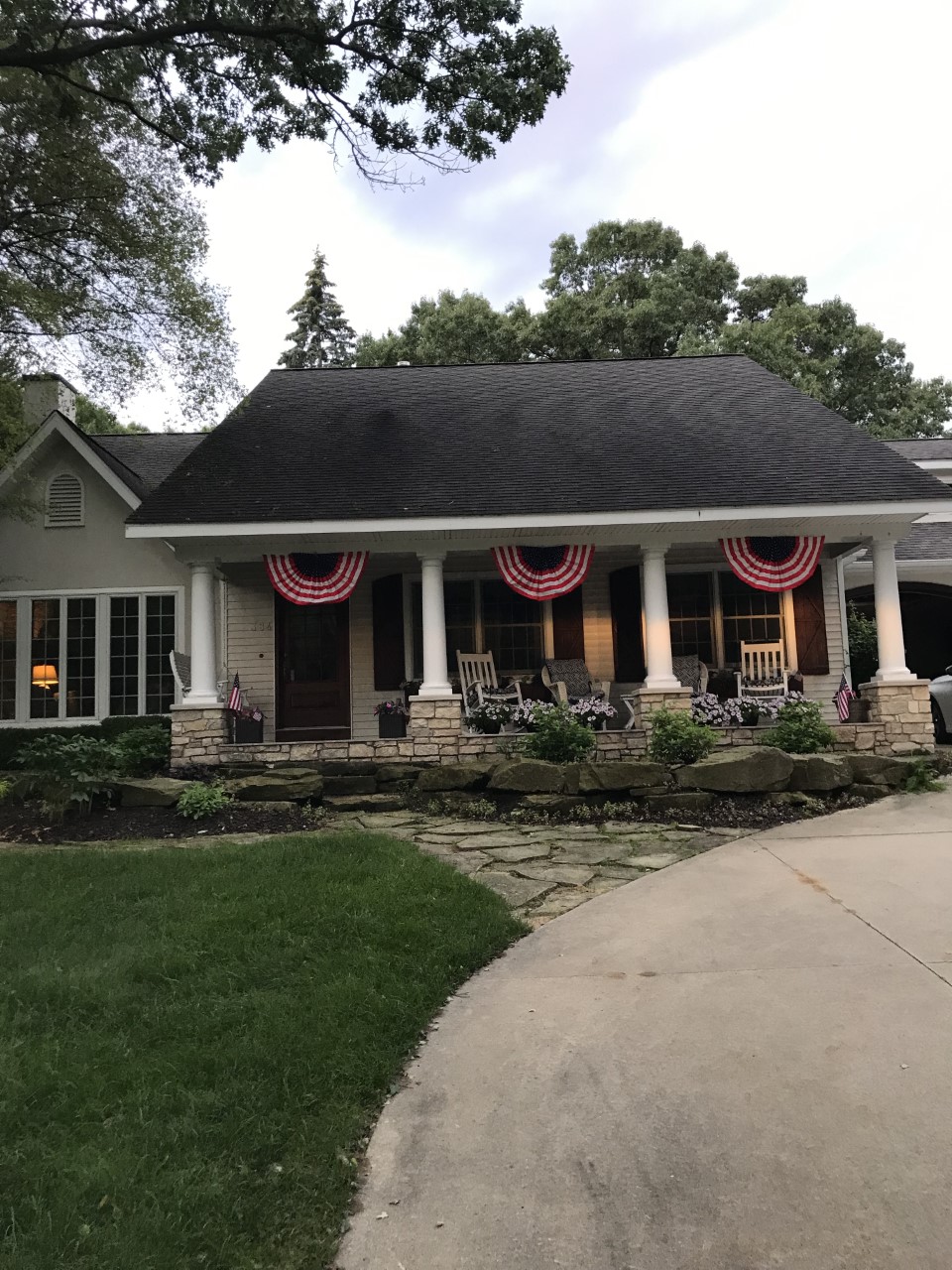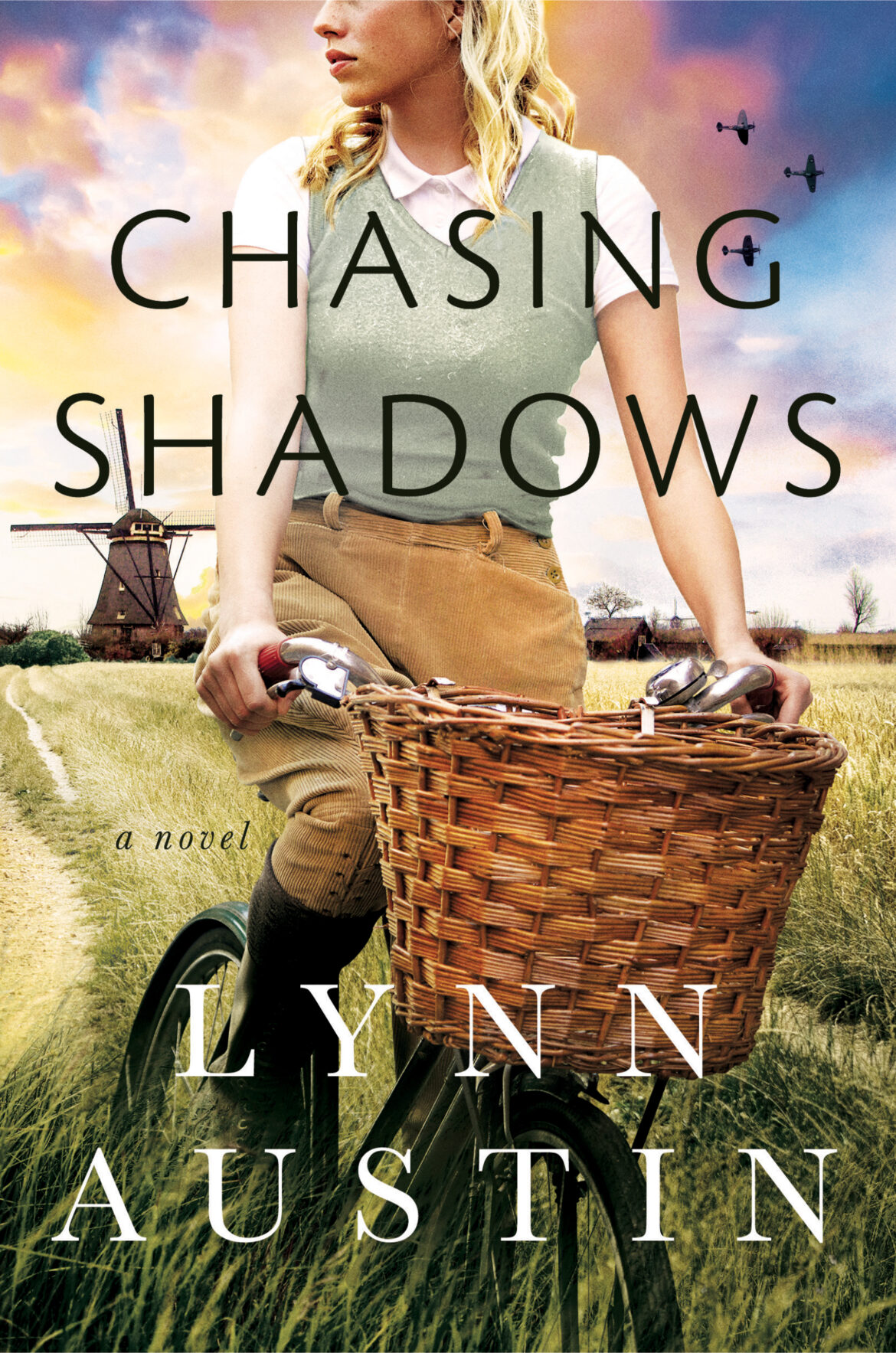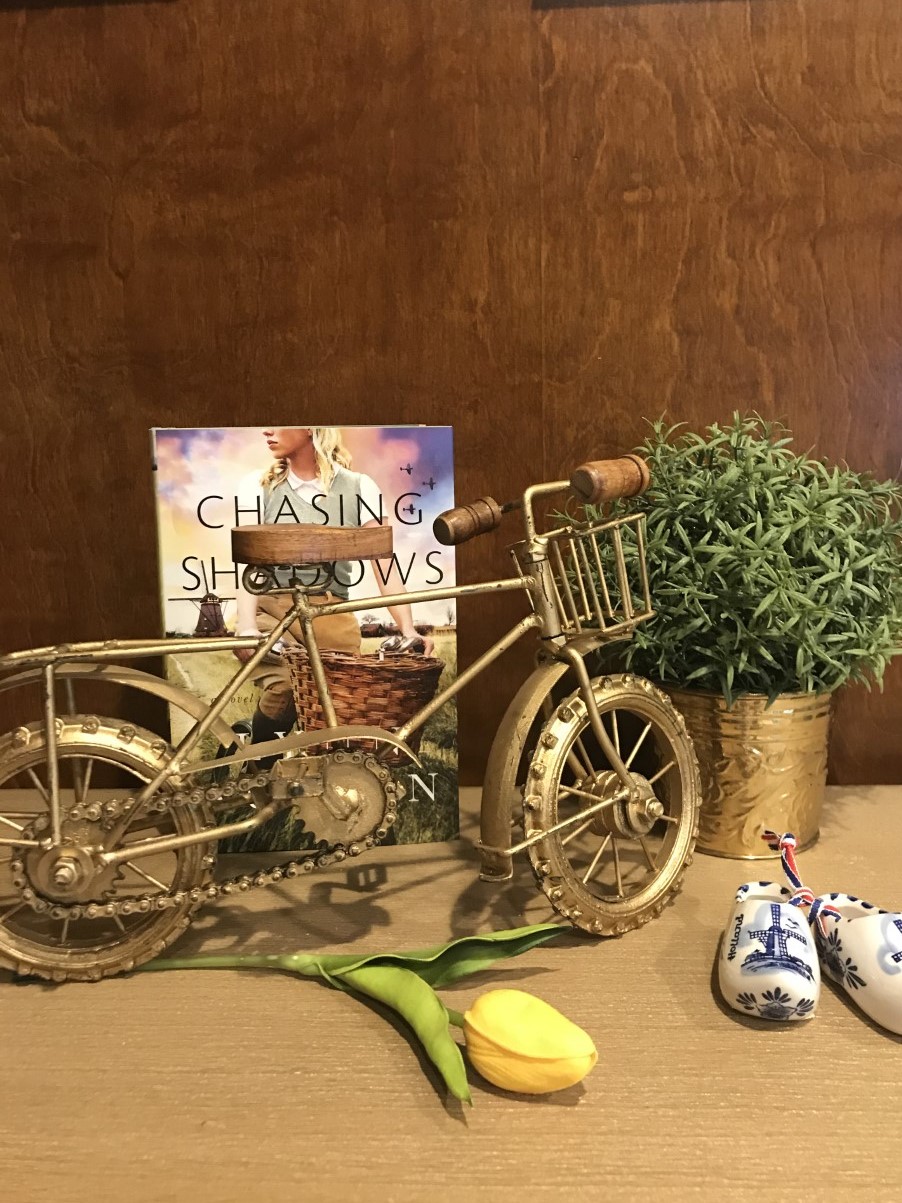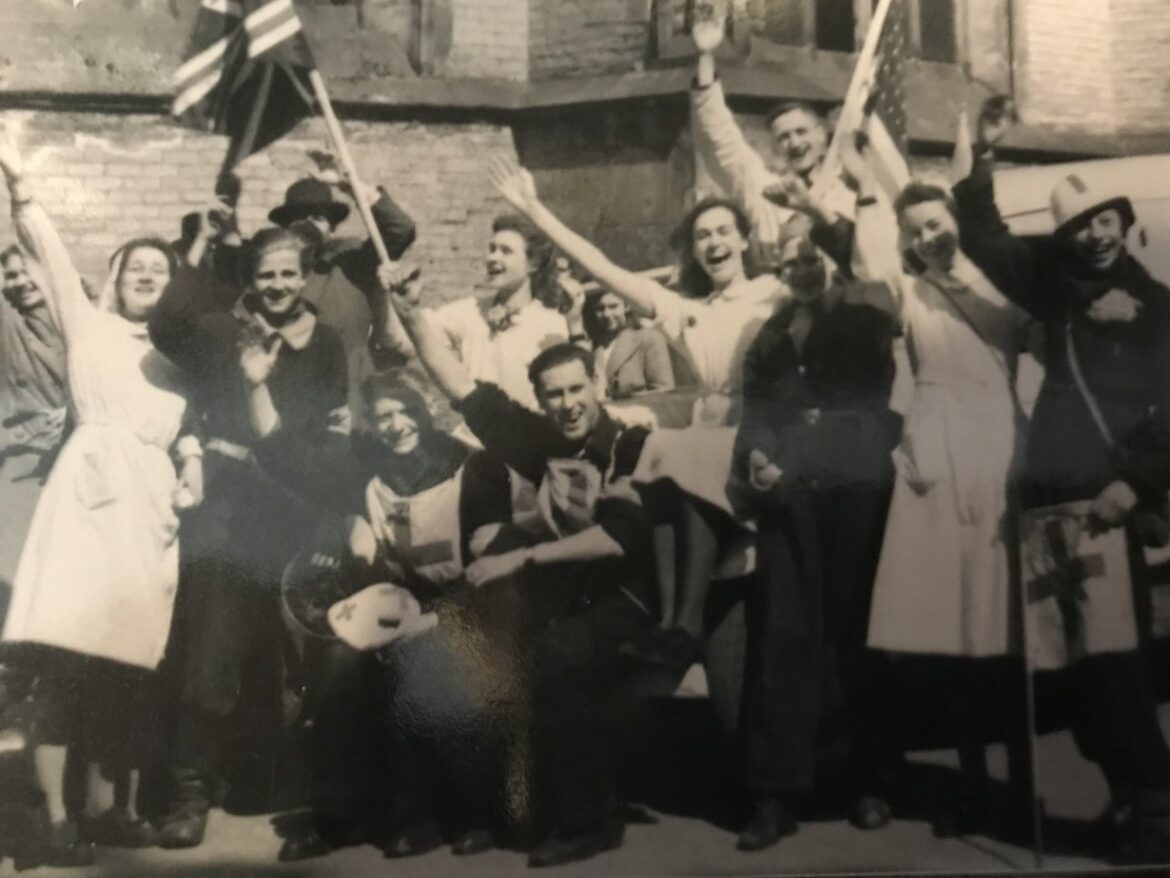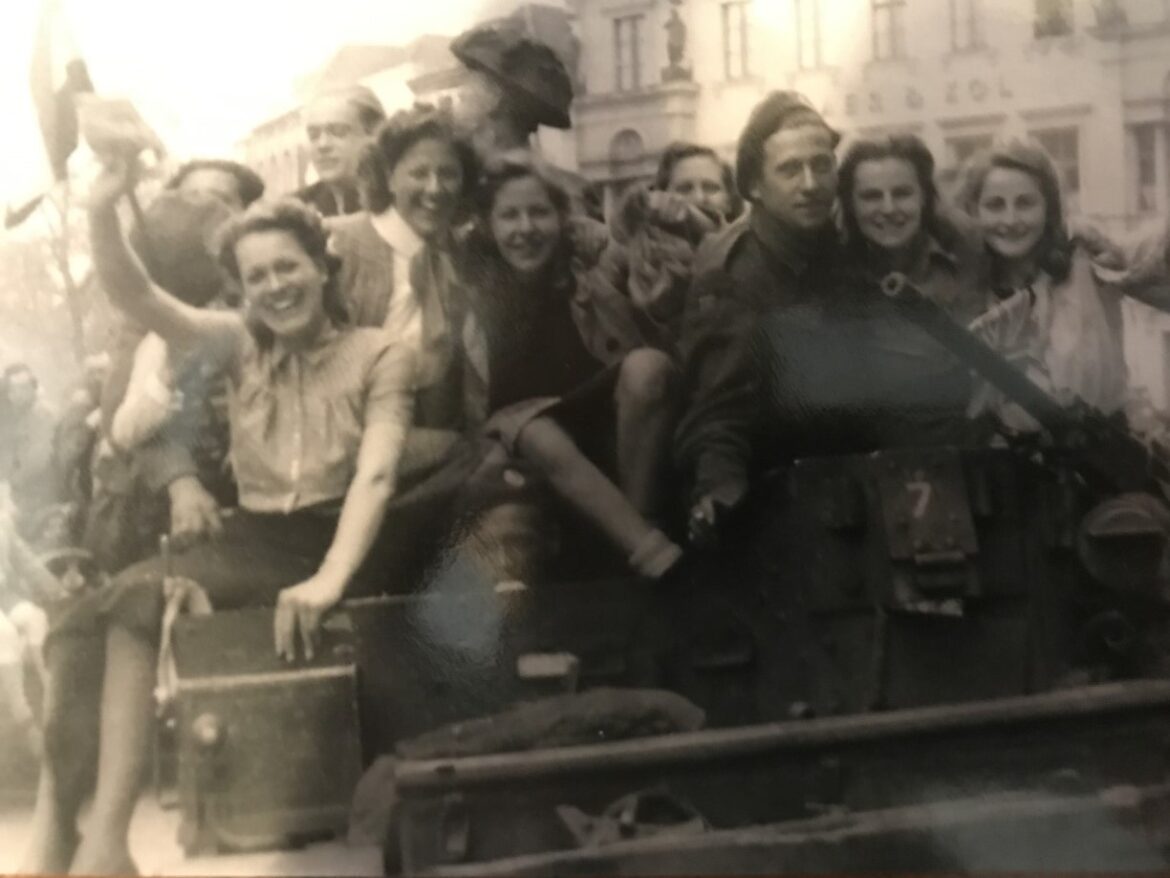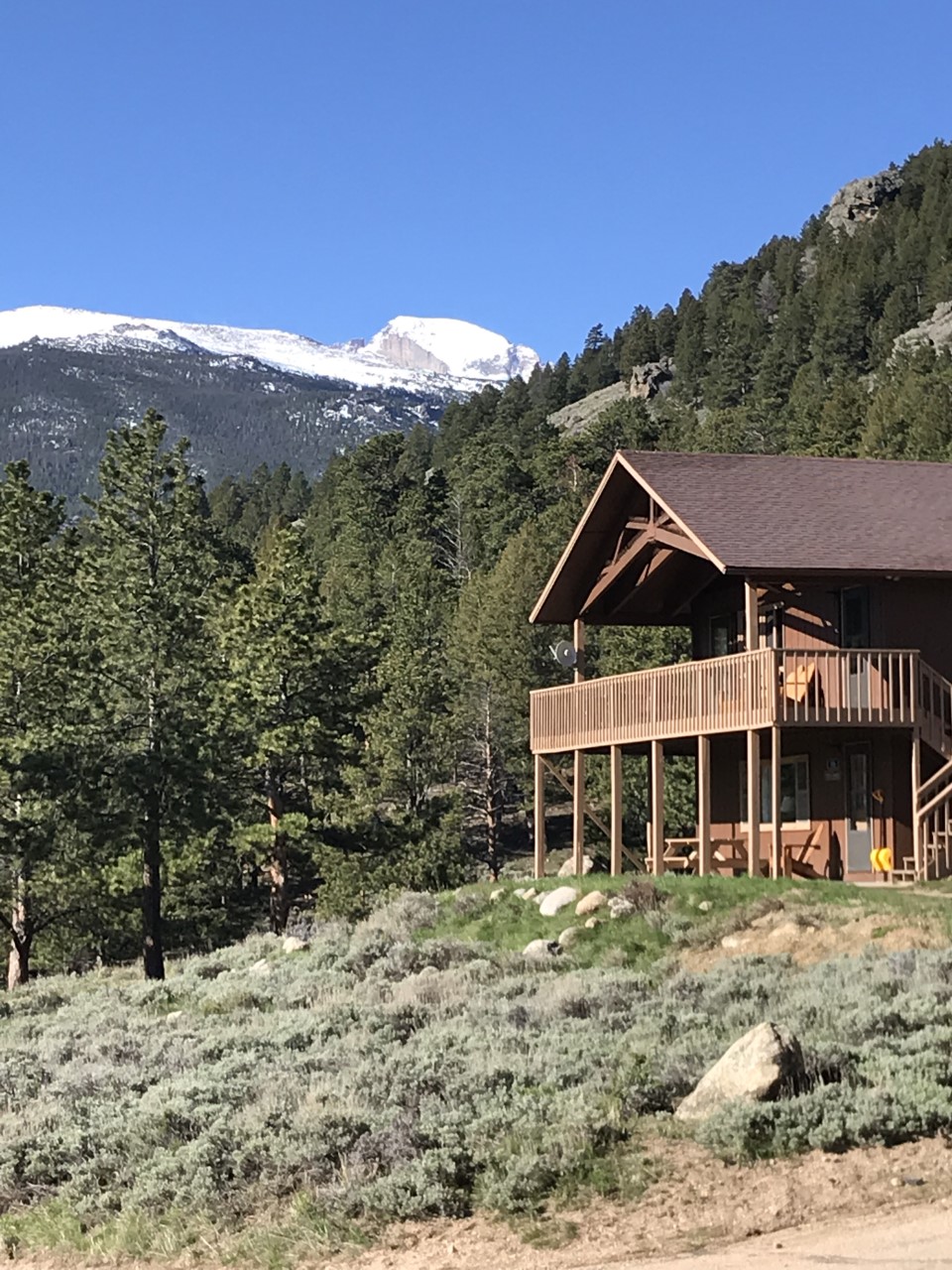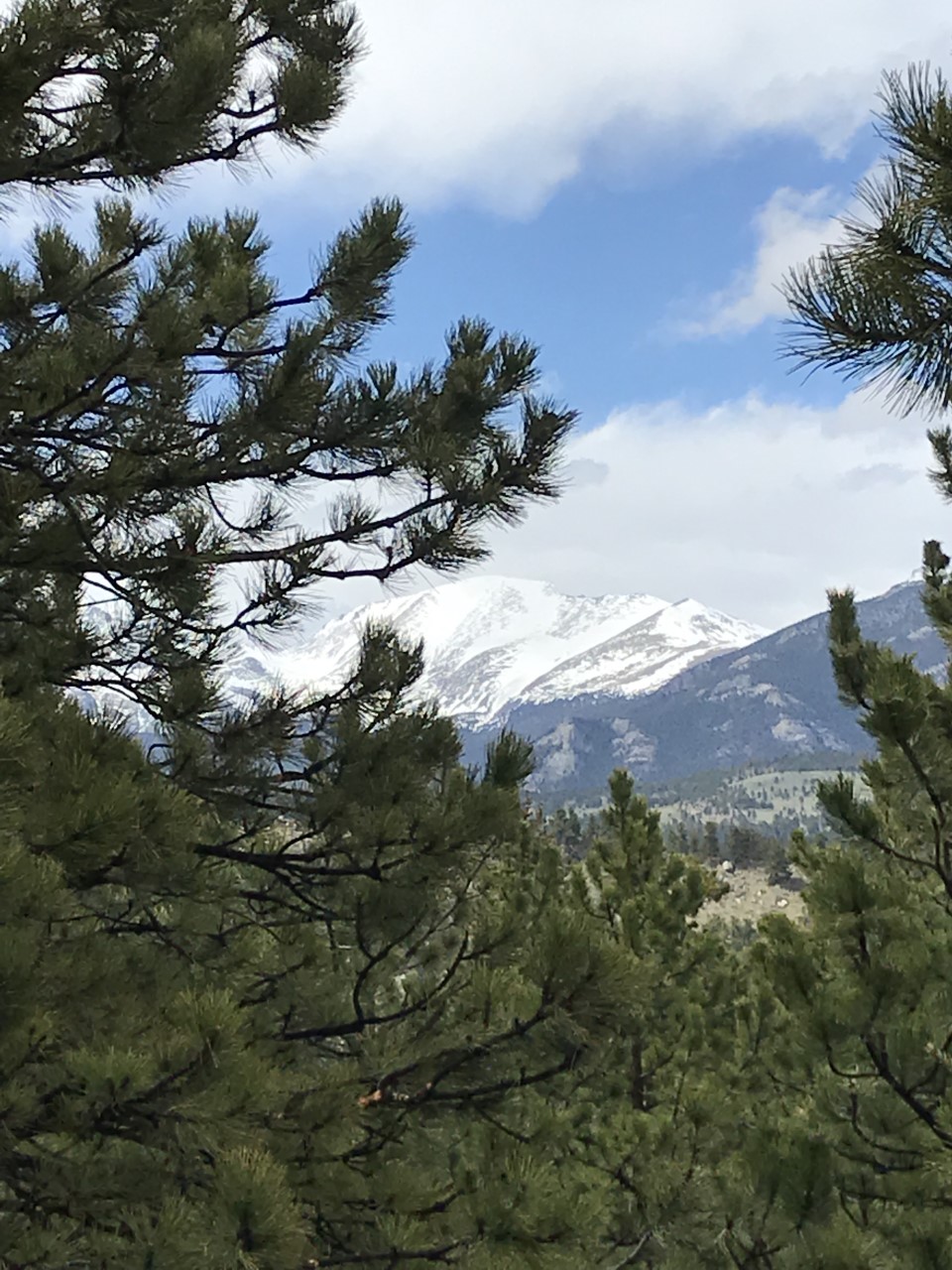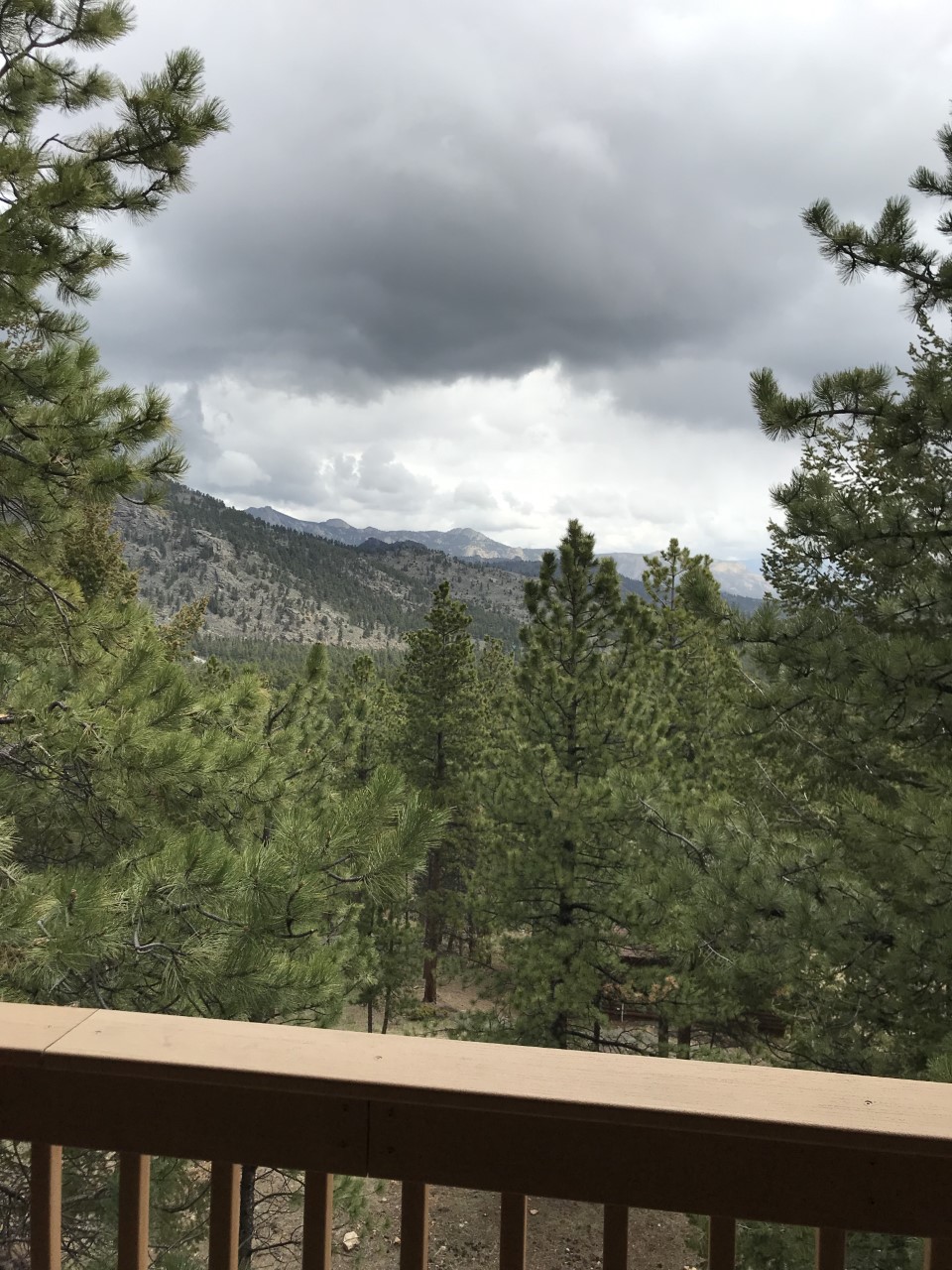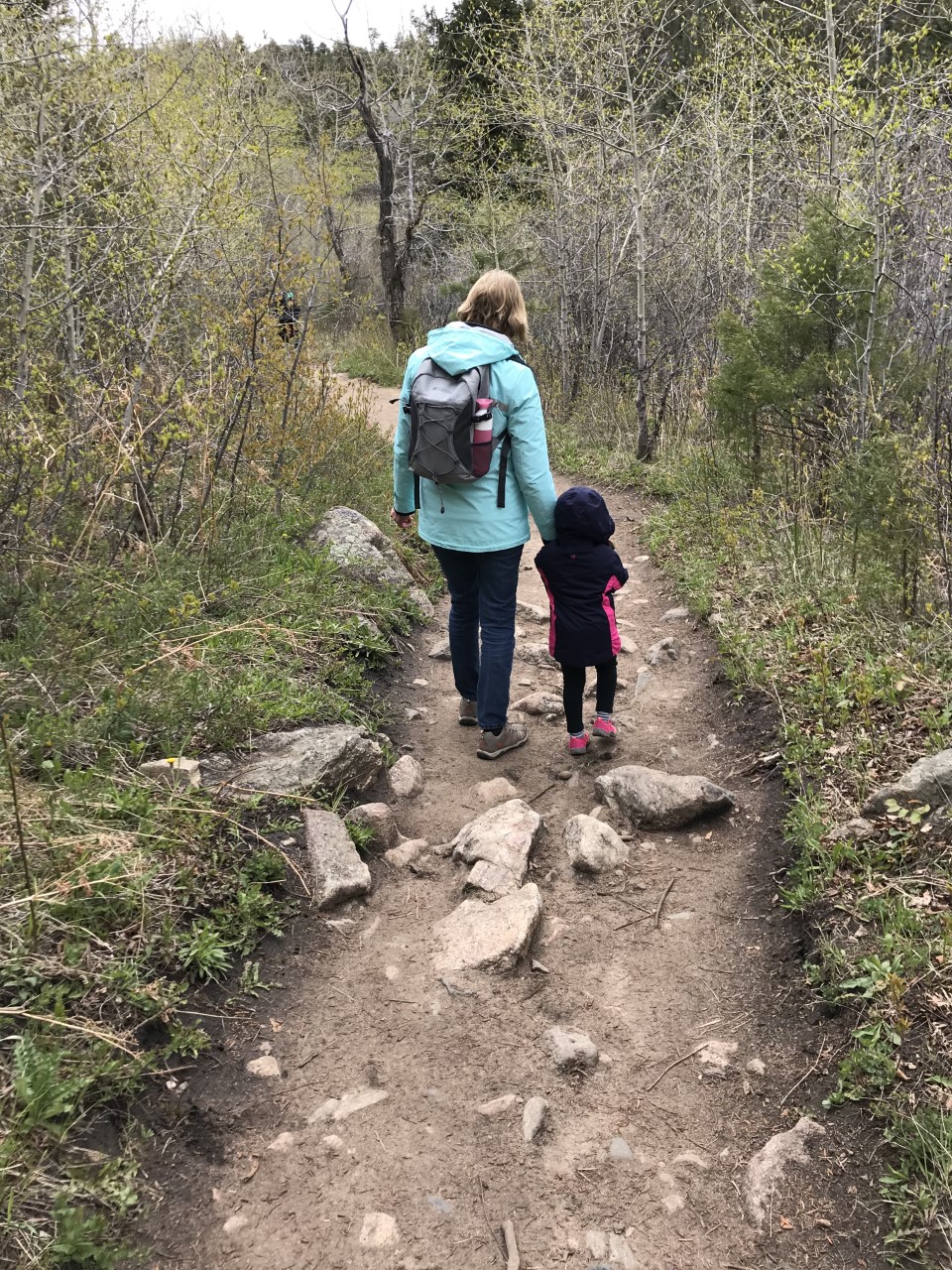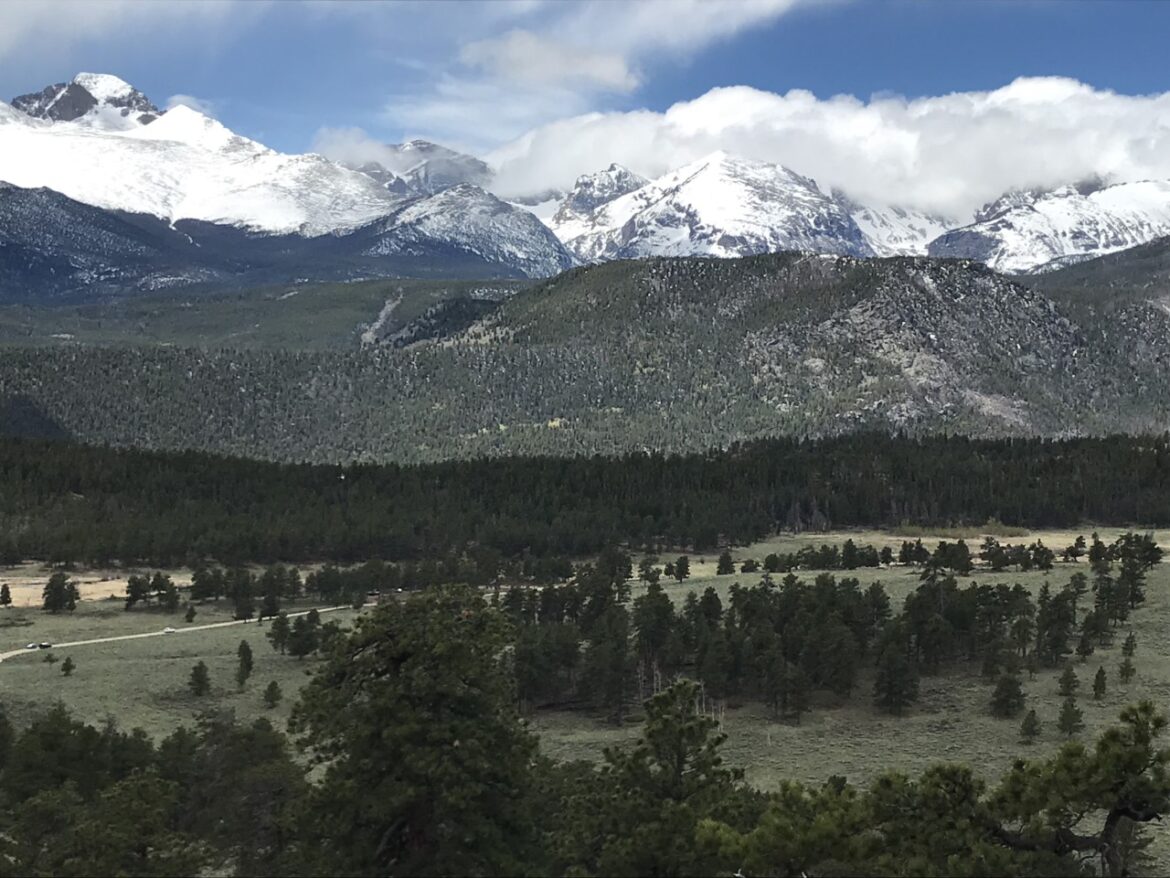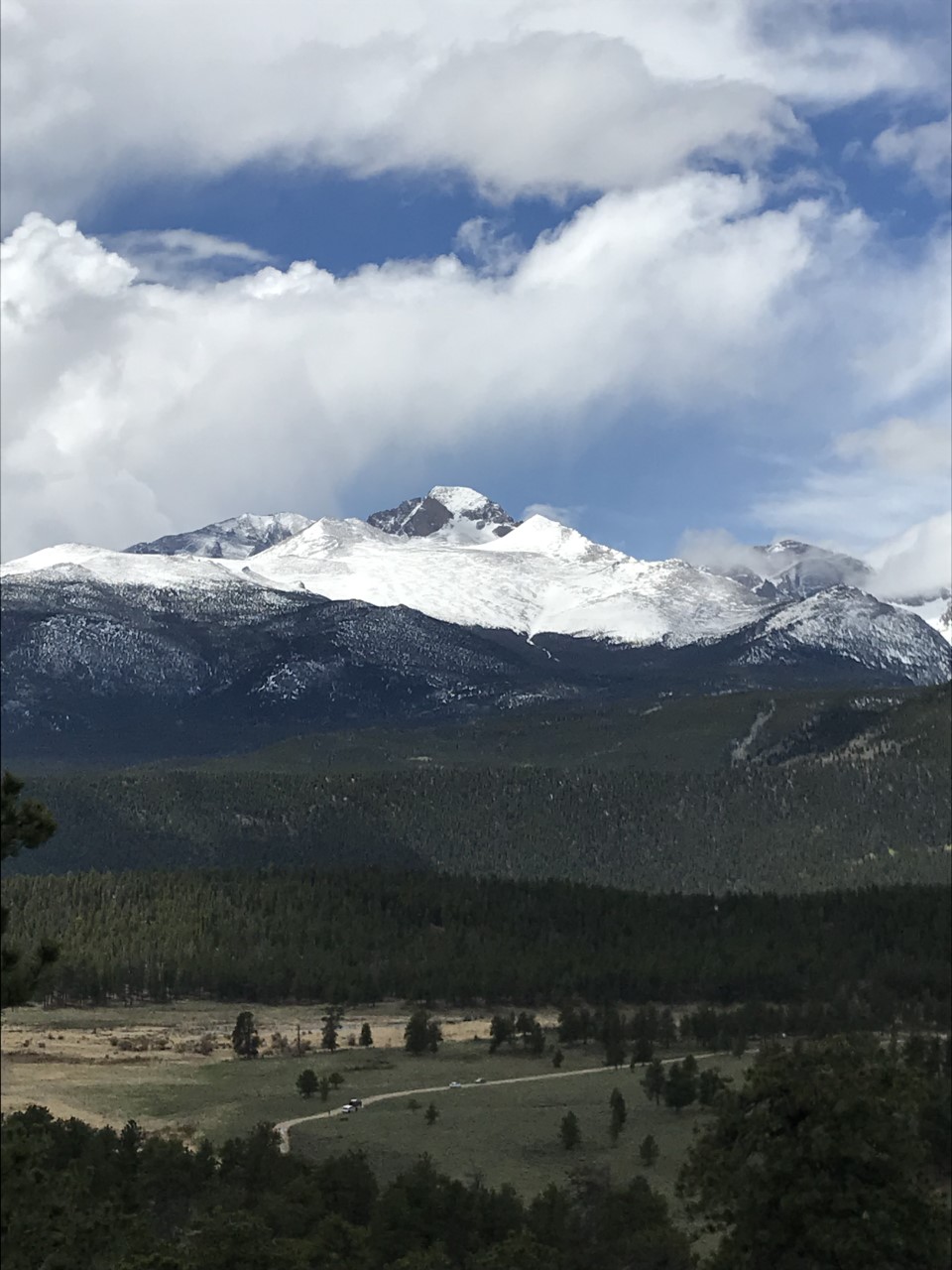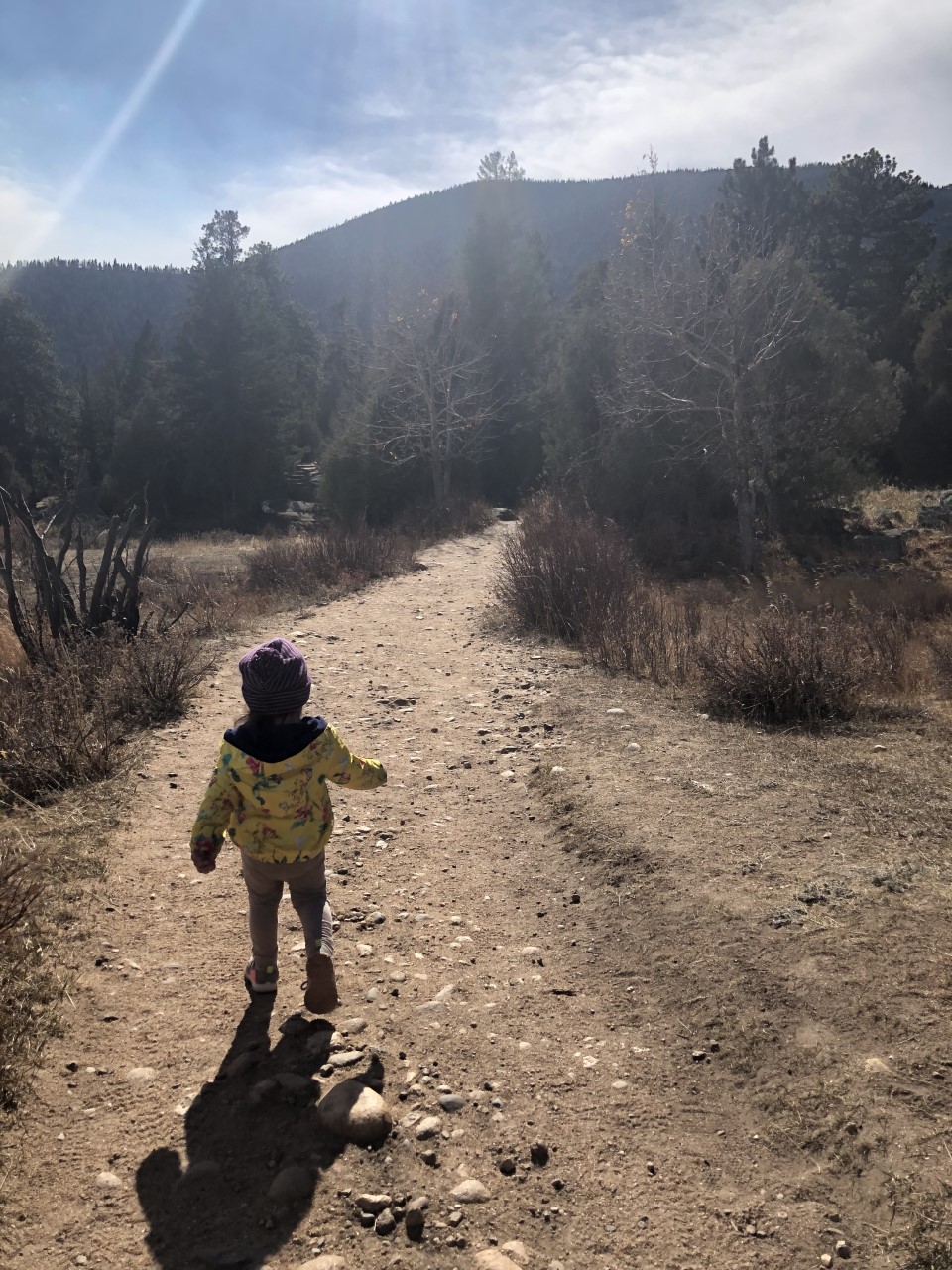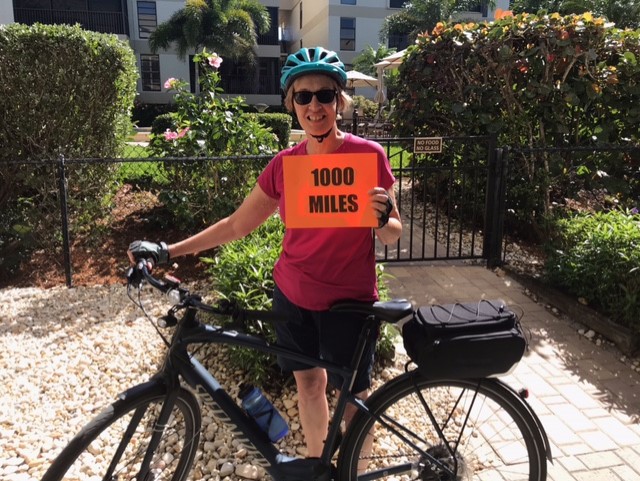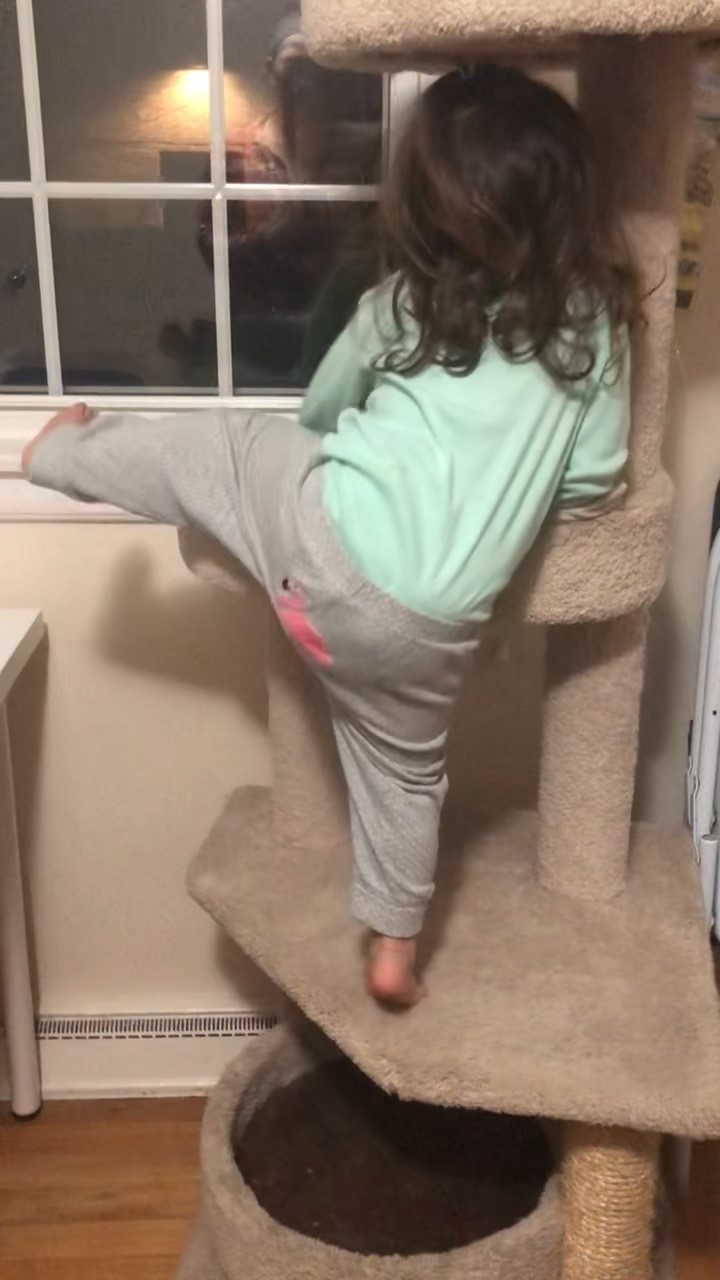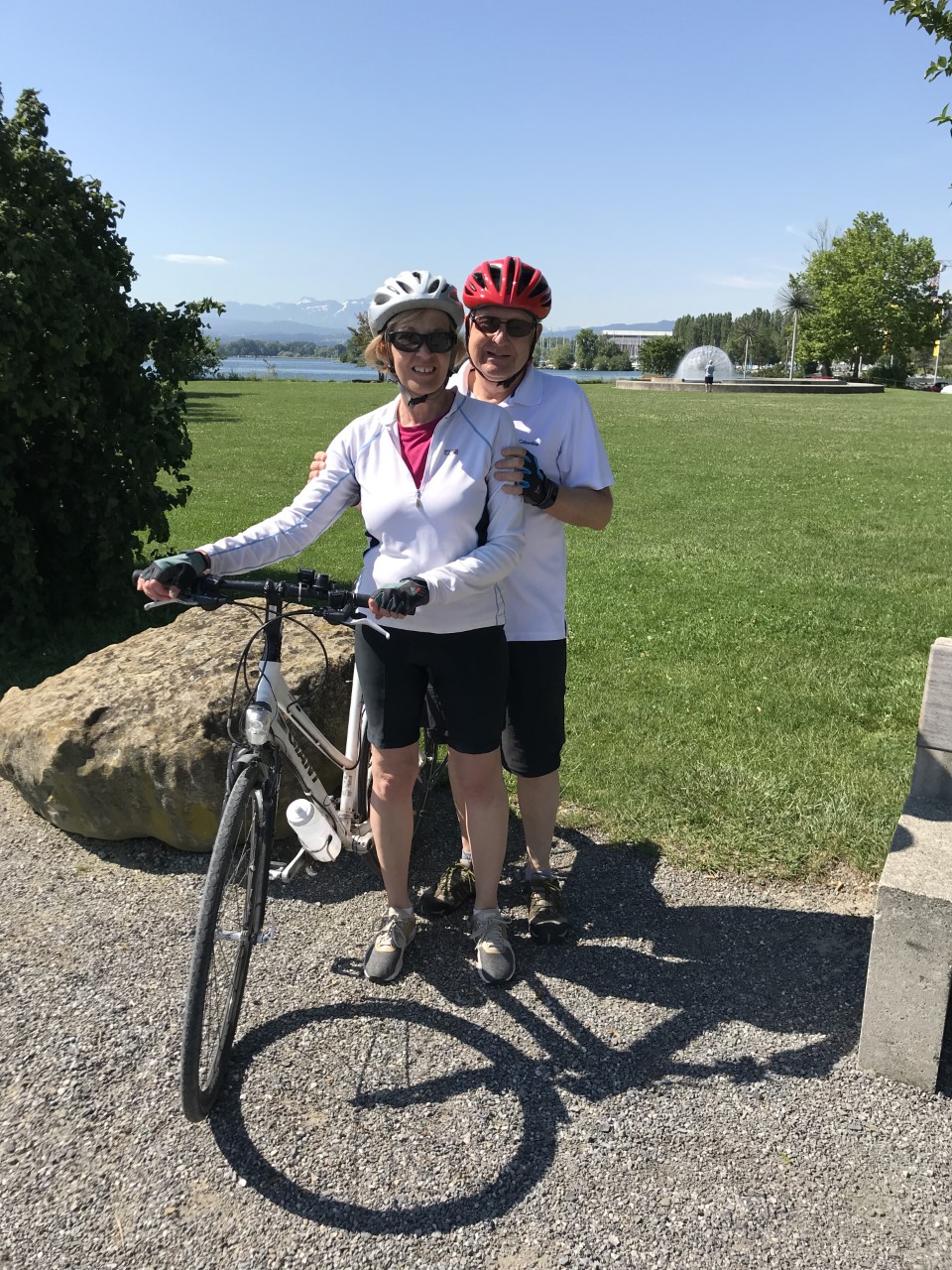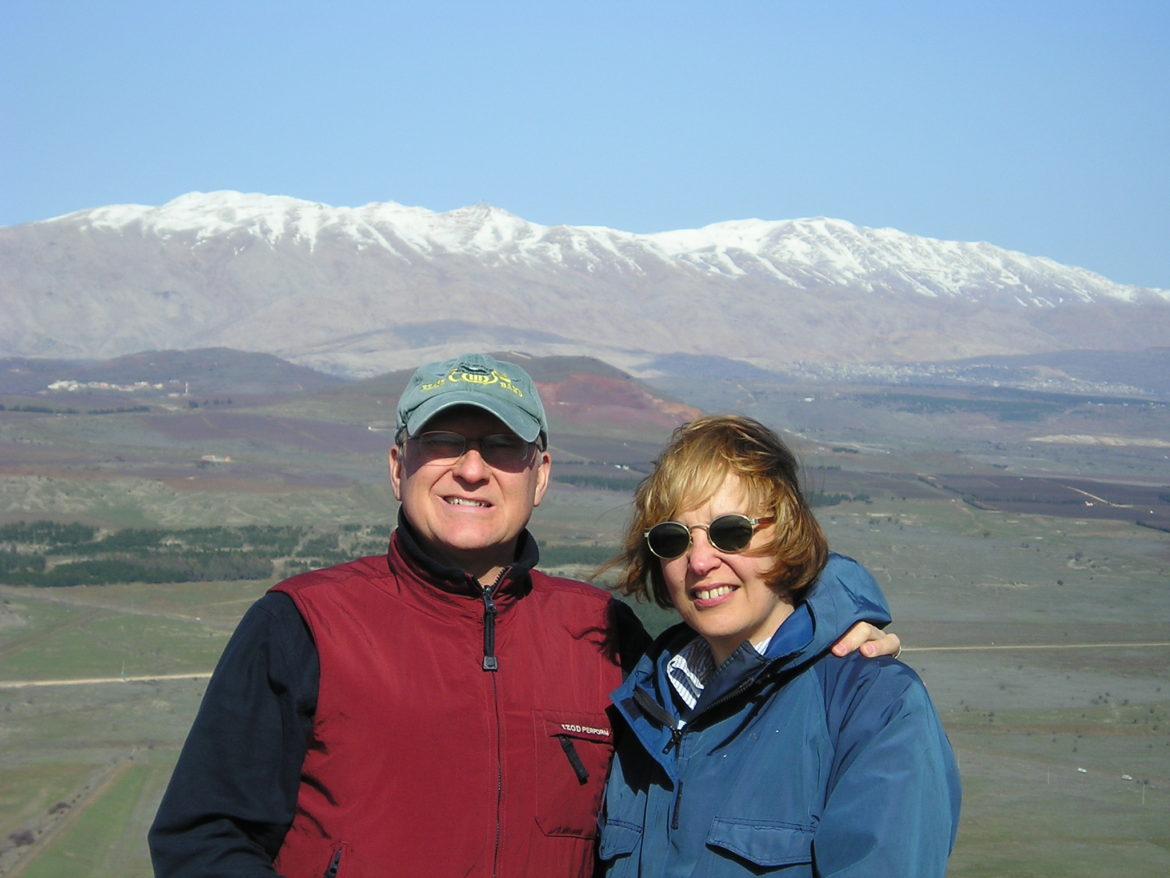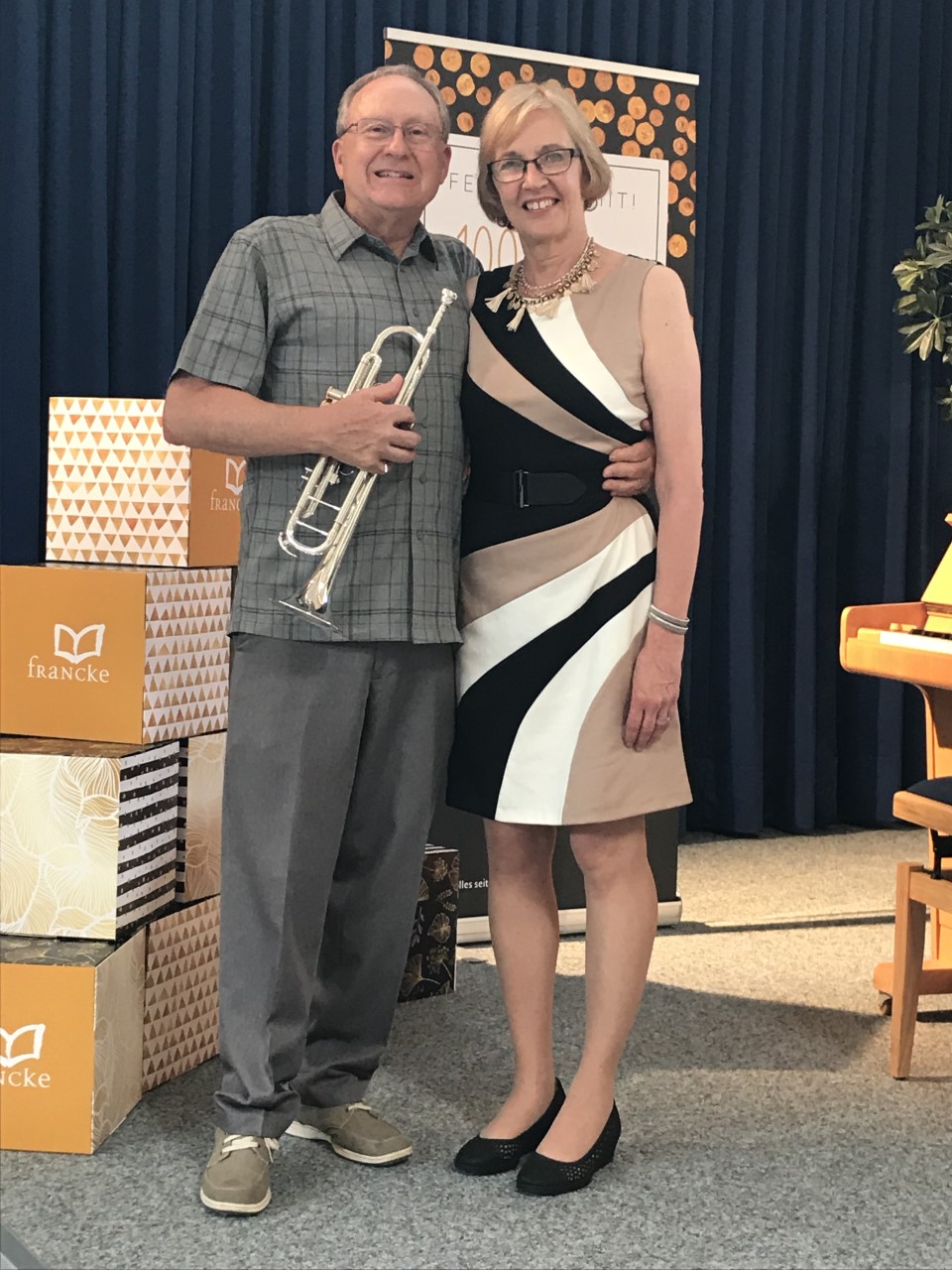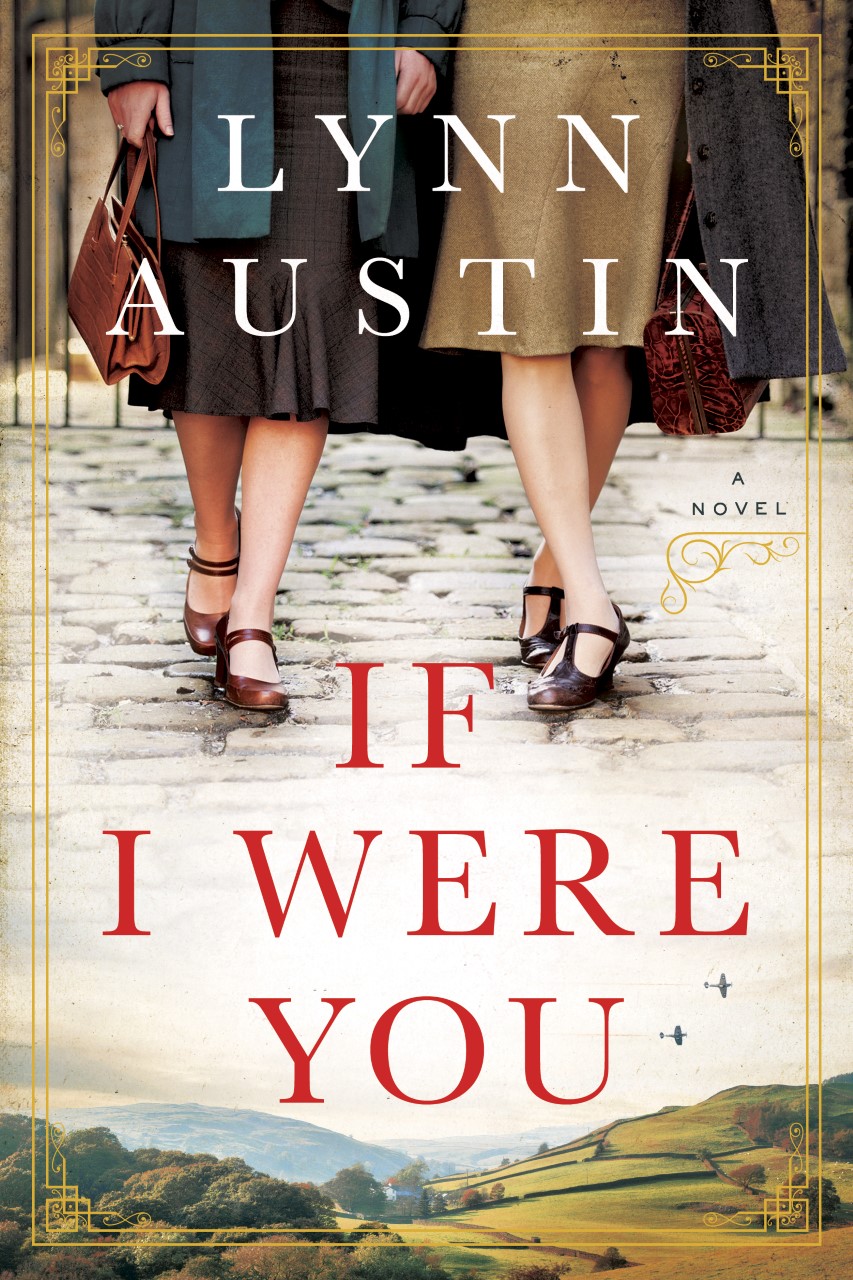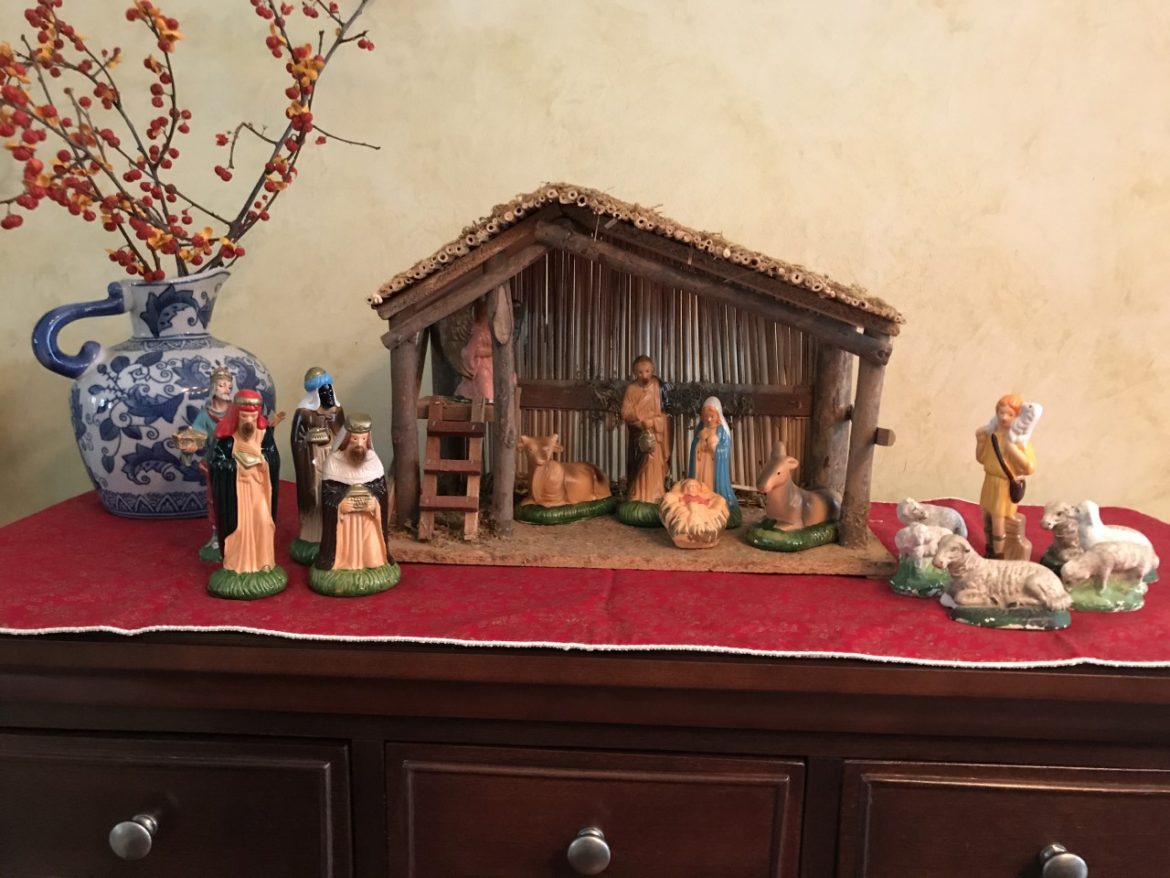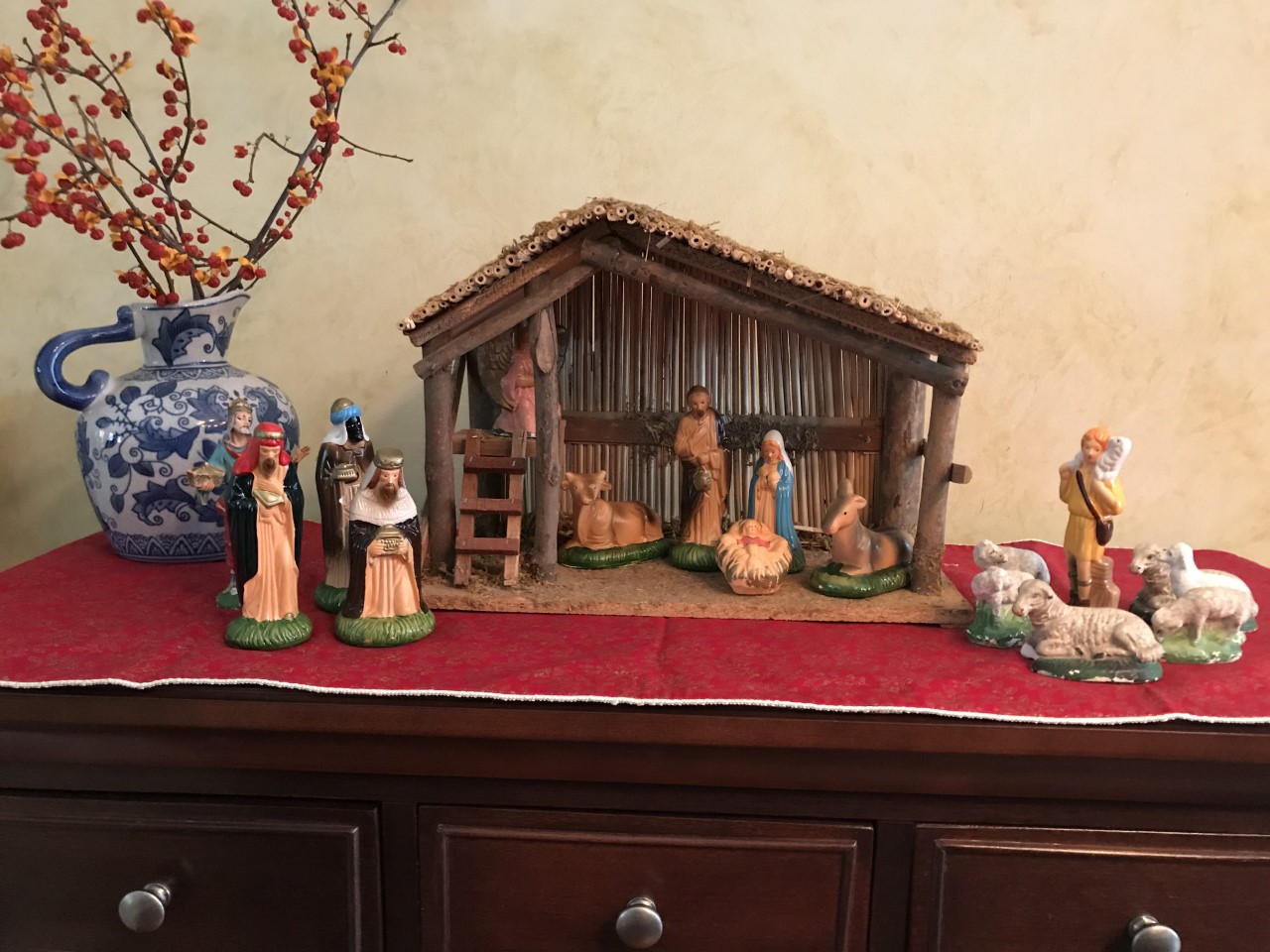My 4th of July Favorites
I’ve been reminiscing this Fourth of July about all the things I love most about this holiday. I have to say that at the top of my list are outdoor band concerts. My family lived near the West Point Military Academy when I was a girl and we usually attended their outdoor concerts on the Fourth of July. The academy perches on a mountaintop overlooking the Hudson River, and we would gaze out at the amazing view on warm summer evenings while the U.S. Army Band played rousing marches and all of our other favorites. After I married, my husband and I had the privilege of hearing the Boston Symphony Orchestra perform on the Fourth of July at their outdoor concert venue in Tanglewood, Massachusetts. One of my favorites was “The 1812 Overture” with real cannons booming. Nowadays, our family attends my husband’s concerts with the American Legion Band in our hometown. These patriotic concerts are performed in the city park overlooking the lake.
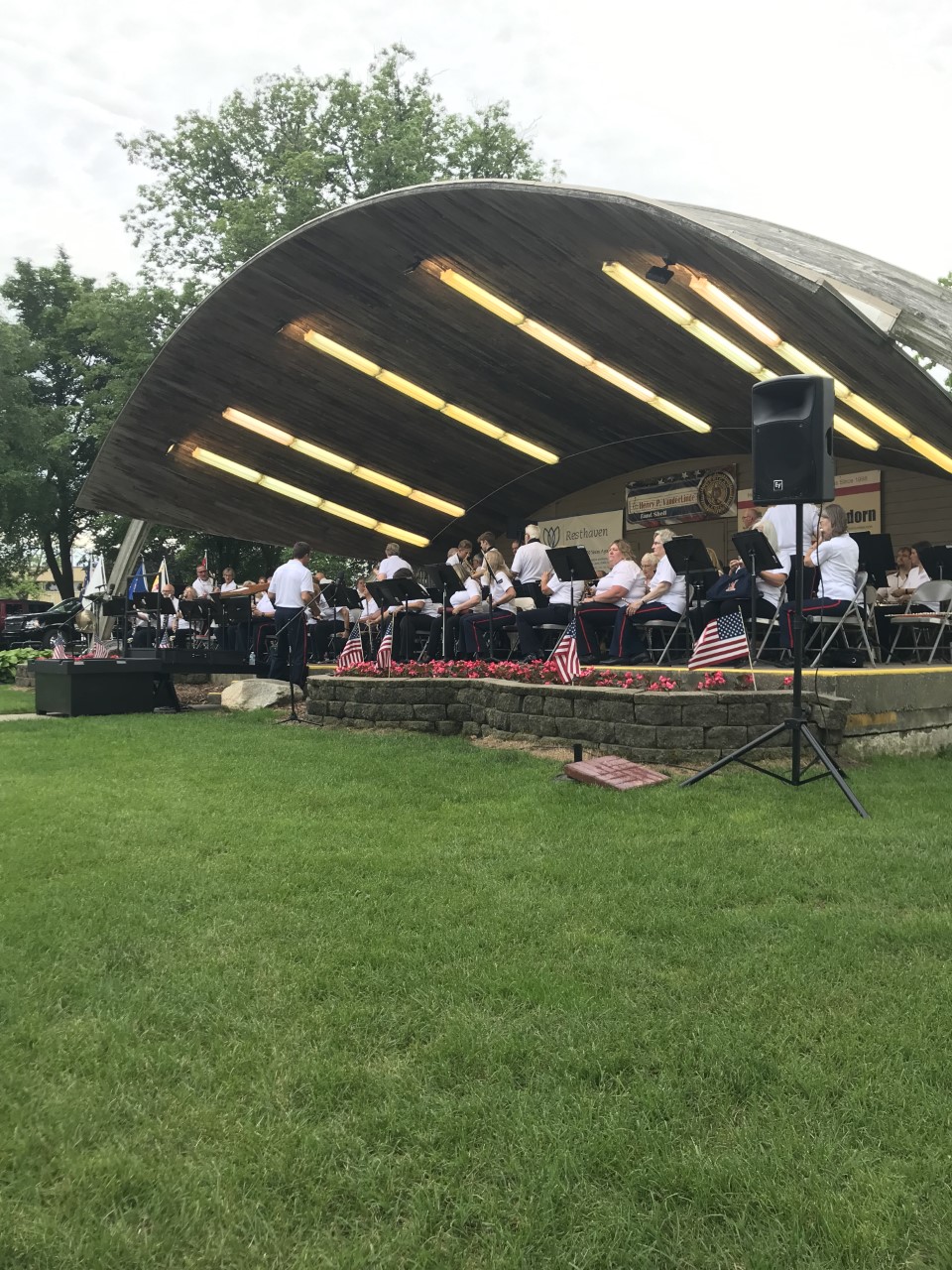
Of course, a close second for Fourth of July favorites are the fireworks. When I was growing up, there was always a magnificent show of fireworks at West Point following the band concert. I loved how the exploding fireworks reflected off the river and the thunderous booms echoed off the surrounding mountains, amplifying the sound. What a thrill! Today we watch the fireworks from our beach on Lake Michigan. The sun doesn’t set here until 9:30, which means it doesn’t get dark enough to enjoy the show until 10 or 10:30 at night. The fireworks explode over the lake as dozens of private boats line the lakeshore, shining their running lights and sounding their horns in applause. We walk home in the dark afterwards, using flashlights and sparklers to light our way.

I can’t leave out Fourth of July family picnics when naming my favorites. My grandparents always held huge potluck picnics at their home in the country, attended by all of our relatives and friends. Grandma chilled bottles of her homemade root beer in the spring-fed creek that ran through her property. There were hamburgers, hot dogs with homemade sauerkraut, and potato salad, among other family favorites. When I’m able, I like to return to the town in New York State where most of my extended family still lives for a picnic reunion just like the old days. But now I’m my grandmother’s age, and the kids running around eating hotdogs are my grandchildren. When we can’t attend the reunions, our family enjoys backyard picnics at our house followed by a marshmallow roast over our firepit. My grandkids love to run through the sprinkler just like my sisters and I used to do, and write their initials with sparklers after dark.
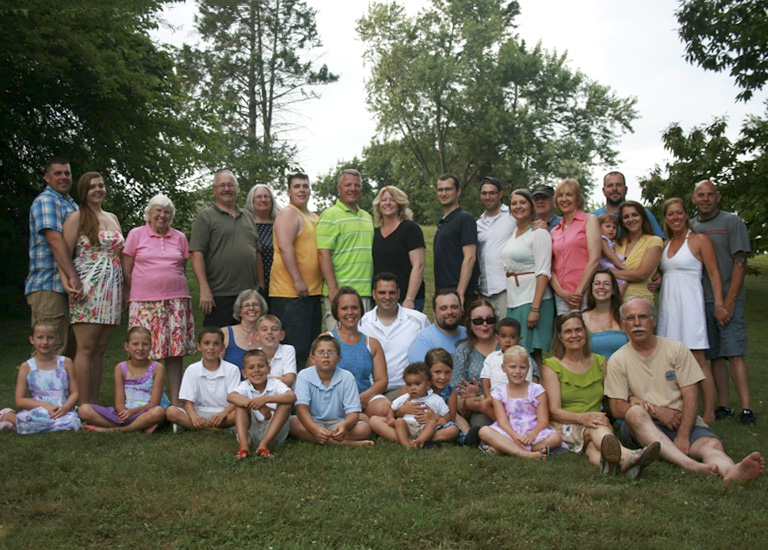
My parents always made sure my sisters and I knew the history behind the Fourth of July celebrations. I remember family trips to Philadelphia, where my aunt and uncle lived, and visiting all of the famous landmarks there. I especially loved hearing the story of how the Liberty Bell rang so hard to announce America’s independence and freedom that it cracked. We lived near Newburgh, NY, which was George Washington’s military headquarters during the Revolutionary War. I was amazed to think that “George Washington slept here.” We also learned the story of the giant chain that stretched across the Hudson River below West Point to stop British war ships from sailing up the river and attacking. Following my parents’ example, my husband and I took our children to Boston to walk the Freedom Trail and visit Betsy Ross’s house, where the first American flag was sewn. We saw the Old North Church where Paul Revere made his famous midnight ride, and the site of the famous Boston Tea Party. I don’t always remember important historical dates and facts, but what sticks with me are the stories. I think listening to stories is one of the best ways to learn history. It’s why I tell family stories to my grandchildren. And why I write historical fiction.
So, now it’s your turn. What do you enjoy most about the Fourth of July? What are your favorite memories and stories from the holiday?
- 1922
- 1
- 0

